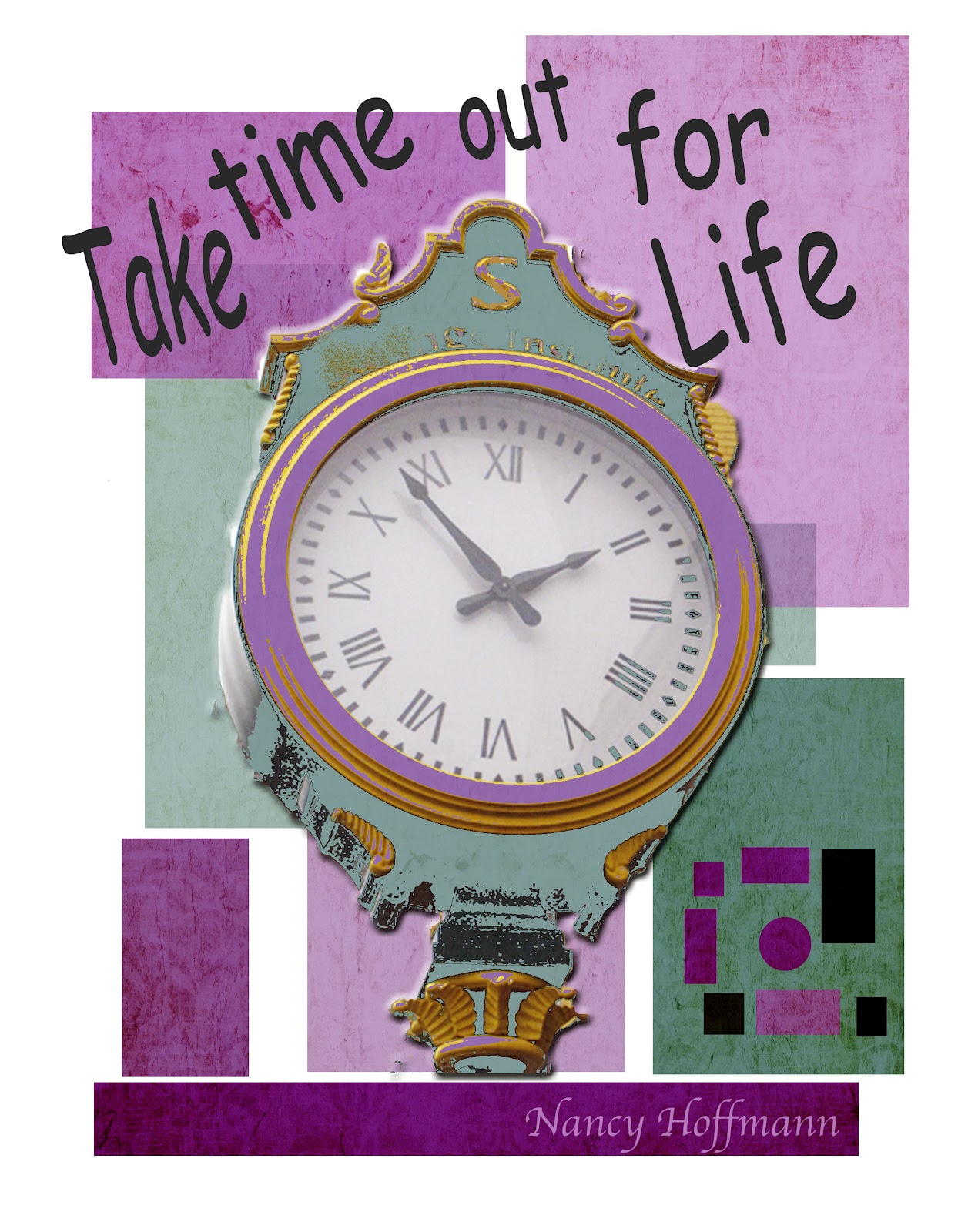

Black women are more likely to live in high-density areas where social distancing is not as feasible, and they comprise a significant percentage of the front-line workforce who are at risk for exposure on a daily basis ( Simien 2020). Black women disproportionately confront the reality of not being believed by health care providers, as well as working in professions in which they are simultaneously essential and undervalued ( Attanasio and Kozhimannil 2015 Simien 2020). diabetes, asthma, obesity) that increase the risk of mortality from this novel virus ( CDC 2020b Thebault, Tran, and Williams 2020). For instance, Black women are more likely to suffer from pre-existing health conditions (e.g. Black women experience extensive health disparities and inequities compared to their White counterparts.

The risks Black women face during pandemicsįor Black women in particular, the socioeconomic and health disparities that were present prior to COVID-19 exacerbate their vulnerability to COVID-19 morbidity and mortality. In certain states, such as New York, this rate is exceptionally higher, with Black patients dying at rates five times higher than other racial and ethnic groups ( APM Research Lab 2020). Currently, out of every 100,000 Americans, approximately 26 Black individuals die from COVID-19 – a mortality rate more than double those of Latino, Asian, and White communities ( APM Research Lab 2020). Within the MMWR report, it was remarked that of 580 patients hospitalized with confirmed COVID-19 diagnoses, 33%, were Black despite the fact that they comprised only 18% of the catchment population this suggests an overrepresentation of Blacks among hospitalized patients ( CDC 2020a Garg et al.

The recent Morbidity and Mortality Weekly Report (MMWR) published by the CDC demonstrated that there was a disproportionate burden of COVID-19 infection and mortality rates among Black patients ( CDC 2020a Garg et al. As data regarding COVID-19 continue to emerge and evolve on an ongoing basis, one particularly alarming report has noted the large-scale effects of COVID-19 on minority populations – specifically Black communities. The novel coronavirus disease 2019 (COVID-19) has had a profound impact among Black communities within the United States. Given this data, there is a need to explore where and how Black women are obtaining information that pertains to COVID-19, along with the impacts that COVID-19 may be having on their daily lives. Recent data show that COVID-19 knowledge rates among Black participants are low, and that Black women who become infected with COVID-19 have higher risks of complications and mortality compared to their non-Black counterparts.

For Black women in particular, a long-standing history of systemic racism and marginalization has resulted in increased vulnerability and susceptibility to certain adverse health outcomes. Recent epidemiological data show that Black communities are being disproportionately impacted by COVID-19, resulting in higher morbidity and mortality rates compared to other racial and ethnic groups. Coronavirus disease 2019 (COVID-19) has burgeoned into a pandemic that highlights the countless social and health disparities that have existed in Black communities within the United States for centuries.


 0 kommentar(er)
0 kommentar(er)
